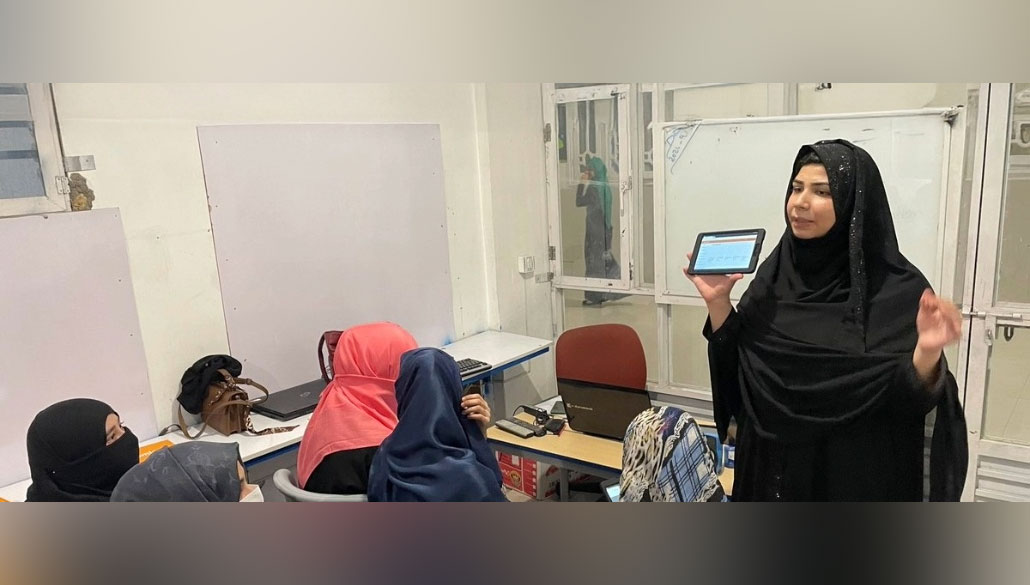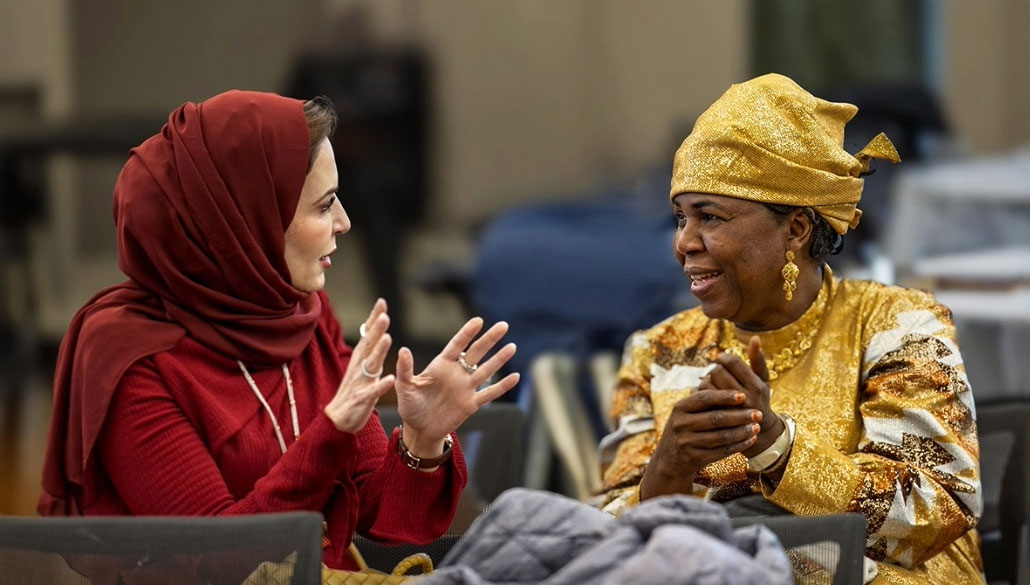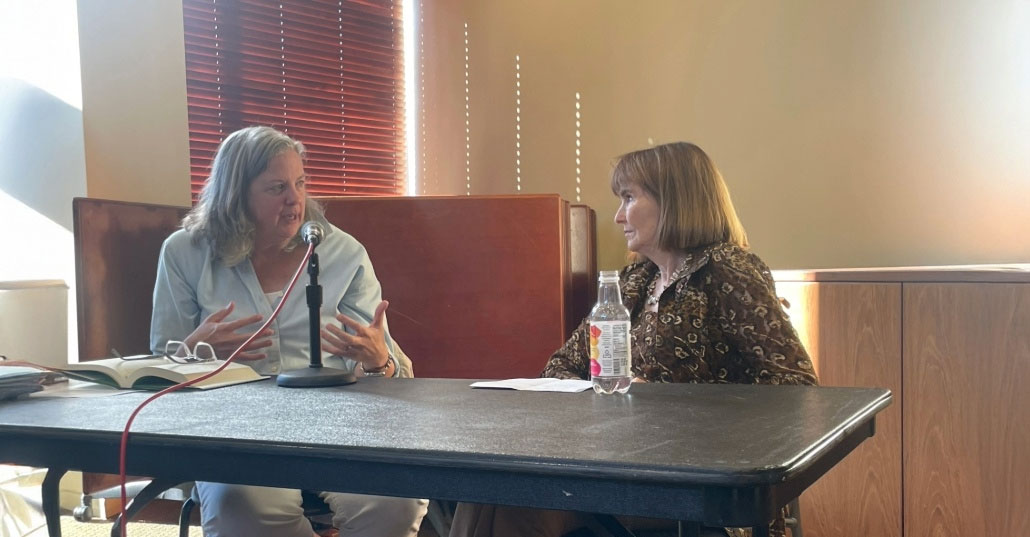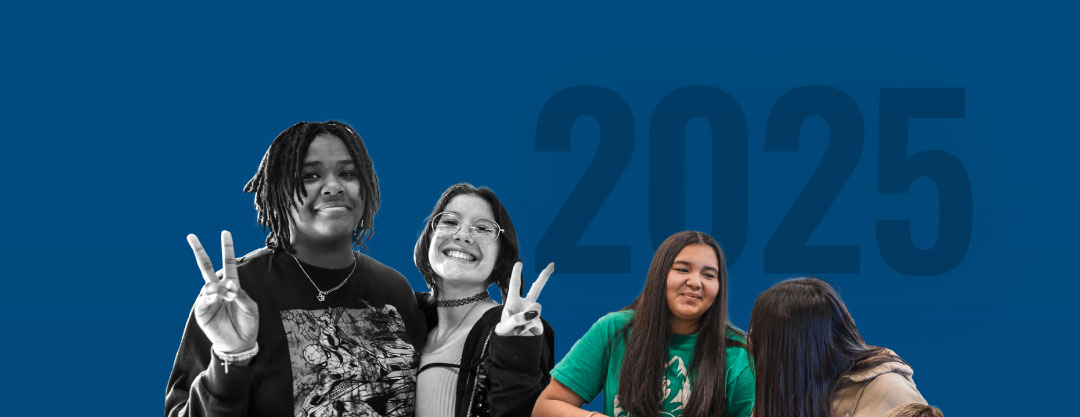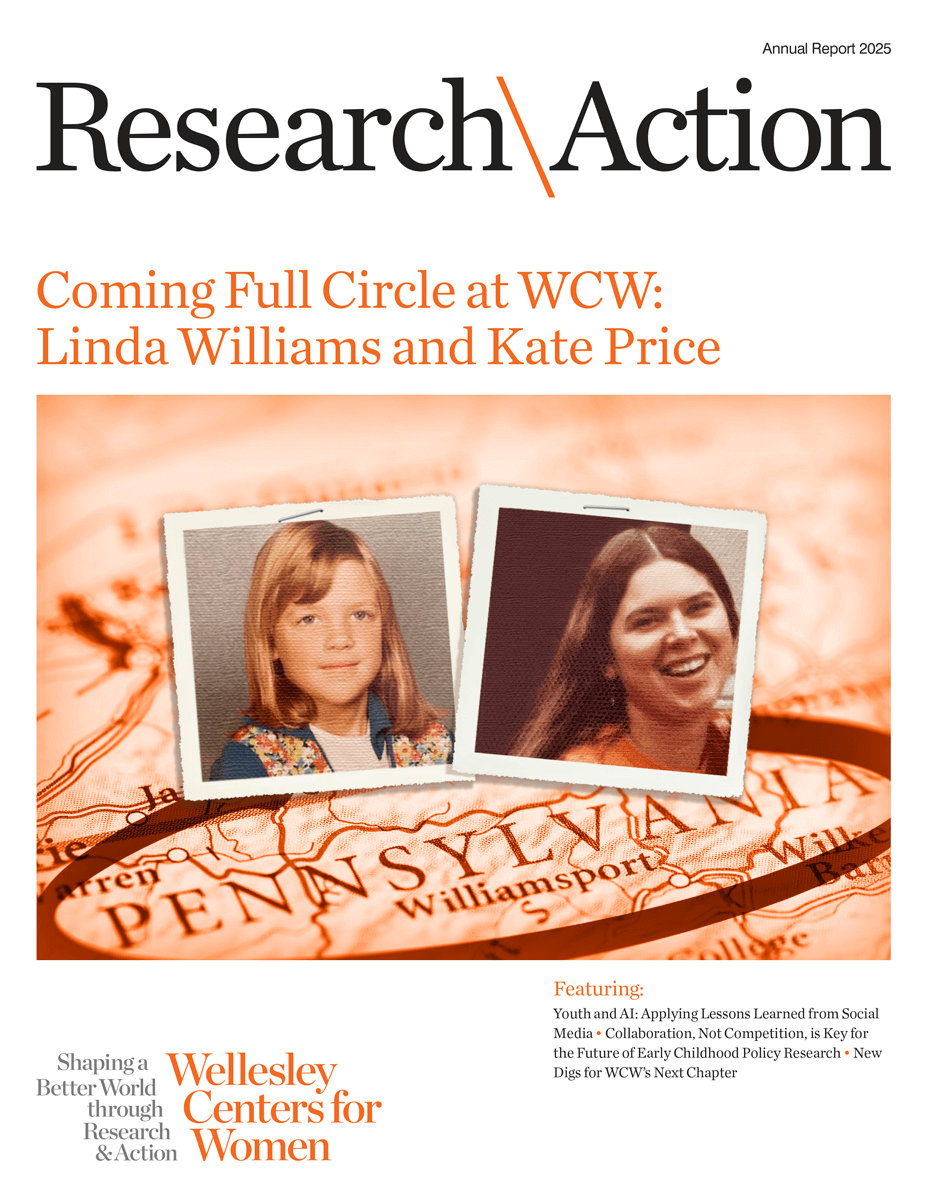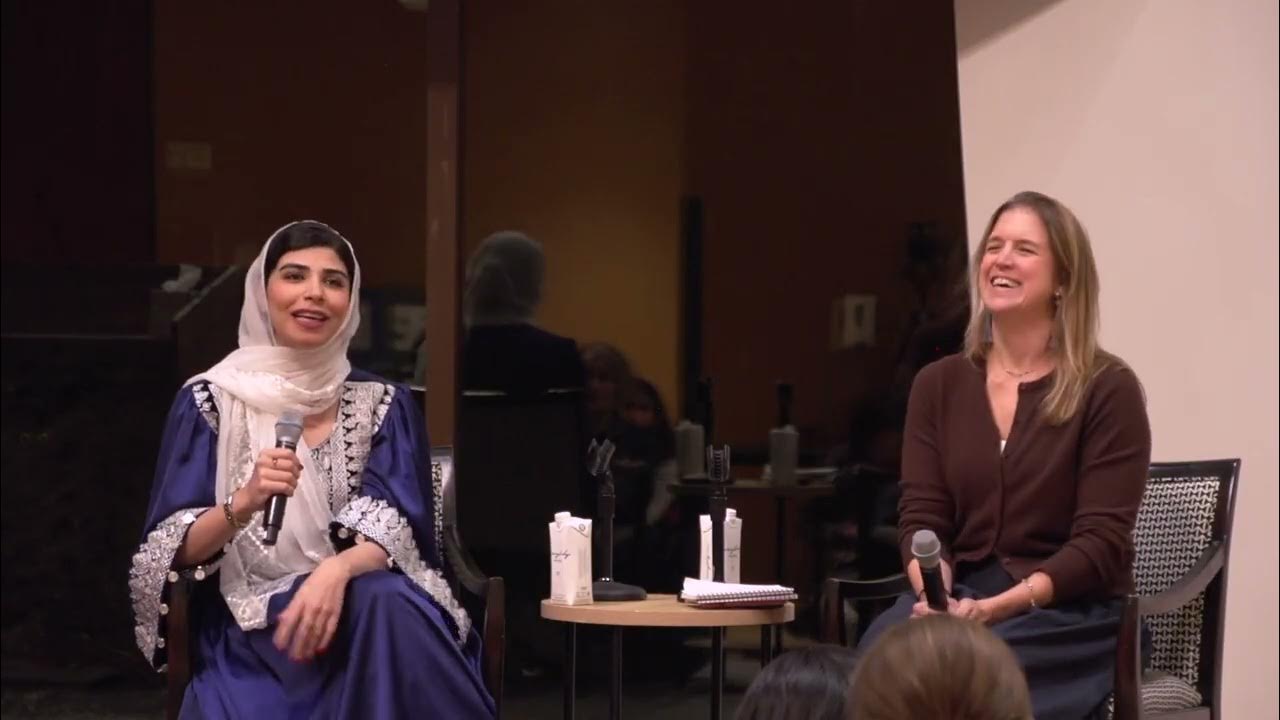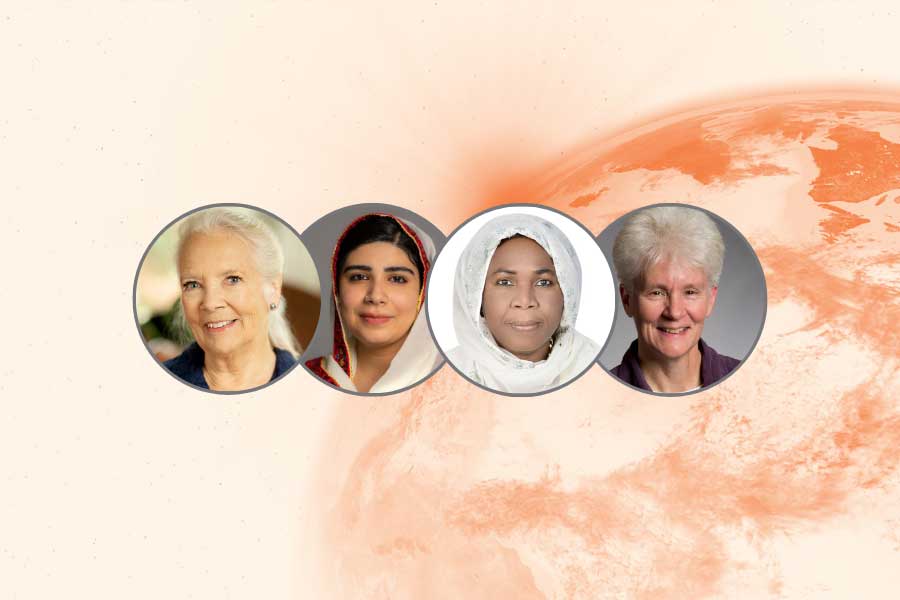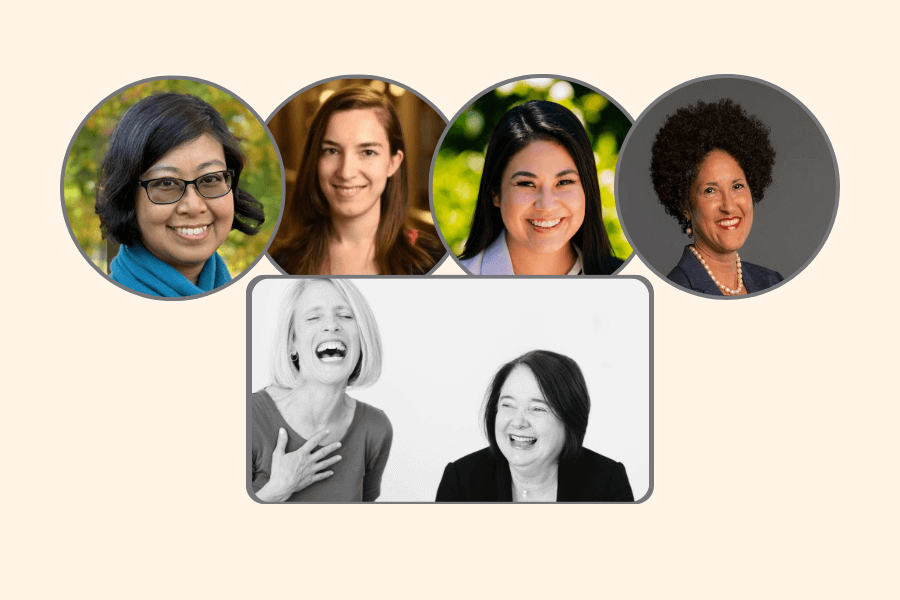Women's Rights Network
History and Guiding Principles
WRN was founded in September of 1995 by women's rights activists and Harvard Law School graduates Carrie Cuthbert and Kim Slote. WRN's co-founders received public interest fellowships from the Echoing Green Foundation and Harvard Law School in order to found WRN. For its first three years of existence, WRN was housed in donated office space at the Boston law firm of Foley, Hoag & Eliot, LLP, from which it also received extensive in-kind support.
Slote and Cuthbert identified the need for an organization like WRN through their experiences working in women's movements in the United States and in different countries around the world. These experiences led them to become aware both of the global scope and prevalence of violence against women by their intimate partners and of the tremendous variety of creative strategies advocates are using in different countries to address it. At the same time, it also became apparent that few mechanisms existed for advocates to sustain international networking specifically on the issue of violence against women by their intimate partners, despite the fact that advocates are often each other's most valuable resource in developing programs, effecting policy reform, creating public education campaigns, and organizing. In creating WRN, Cuthbert and Slote sought to help meet this need by offering advocates around the world ongoing access to resources, strategies and organizing opportunities in different countries that would increase the impact and scope of their work, enable them to form lasting partnerships with one another, and strengthen the global women's human rights movement.
Since its founding, WRN has been committed to developing projects that are constituent-driven, multi-disciplinary and collaborative, and that retain an international and women's human rights focus. The first step WRN's co-founders took in creating its program areas was to survey battered women's advocates in the United States and overseas about the most critical issues facing them in their work and how they might benefit from sustained international collaboration. The responses they received helped shape the projects that now comprise WRN's Global Network Against Domestic Violence & Sexual Abuse. They also made clear the need for WRN to develop projects in its Global Network that include a simultaneous U.S. and global focus, and that are designed to produce concrete outcomes on both levels. Such an approach is essential in order to recognize and respond to the global nature of violence against women, develop solutions that are adaptable to communities across the globe, and lay the groundwork for advocates worldwide to work together in a variety of settings.
In building their Global Network, WRN's cofounders also began to recognize the strategic value of using the human rights framework in the struggle to end violence against women, and the need for advocates in the United States in particular to develop a human rights approach to domestic violence and sexual abuse in their own communities. The success of WRN's Global Network projects also sparked strong interest among WRN's U.S.-based constituents in developing a human rights approach to violence against women in their own country. As a result, WRN's second major program area, the U.S. Human Rights Education & Advocacy Initiative, was born in January of 1998. A human rights approach to domestic violence and sexual abuse in the United States is critical for several reasons. Broadly speaking, such an approach immediately links local U.S. strategies with those of the global women's human rights movement, thereby increasing the impact of both movements. It also gives advocates in the United States new and more comprehensive tools to hold our own government accountable to its obligations under international law and to the commitments made by the United States to the Platform for Action that was agreed to by women throughout the world at the 1995 U.N. Beijing Women's Conference.
In October of 1998, WRN joined the Wellesley Centers for Women where Cuthbert and Slote continue to co-direct all of WRN's programs and projects. Because of the complementary nature of WRN and the Centers' work, there are multiple, ongoing opportunities for collaboration between projects. For example, WRN and Linda Williams, Co-Director of the National Violence Against Women Prevention Research Center at the Centers, have been working together on WRN's International Project on Intimate Partner Sexual Abuse, and are exploring other possibilities for combining efforts in the future. WRN also collaborated with the Centers by serving on the organizing committee of a research seminar entitled "Gendered Violence Across the Life Span," with the goal to foster multidisciplinary research projects that bring together researchers, advocates and practitioners interested in violence prevention and intervention. Over the long-term, all of the collaborations between WRN and the Centers will enable WRN to build its current program areas in ways that address the intersection of a comprehensive range of women's human rights issues: violence, reproductive rights, economic equality, education, health care, political participation, and others.

